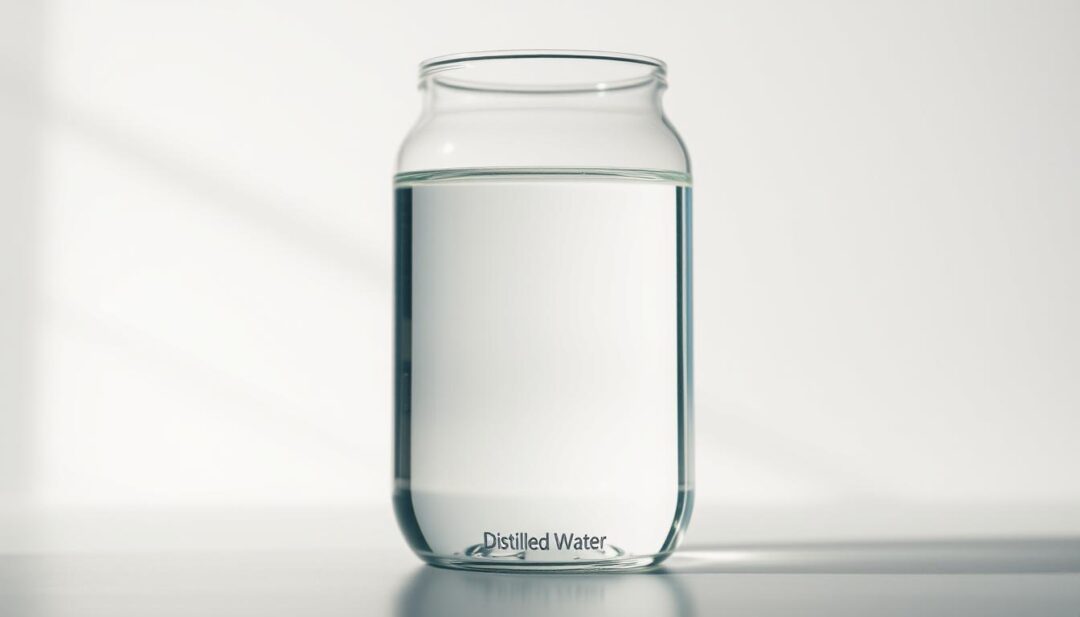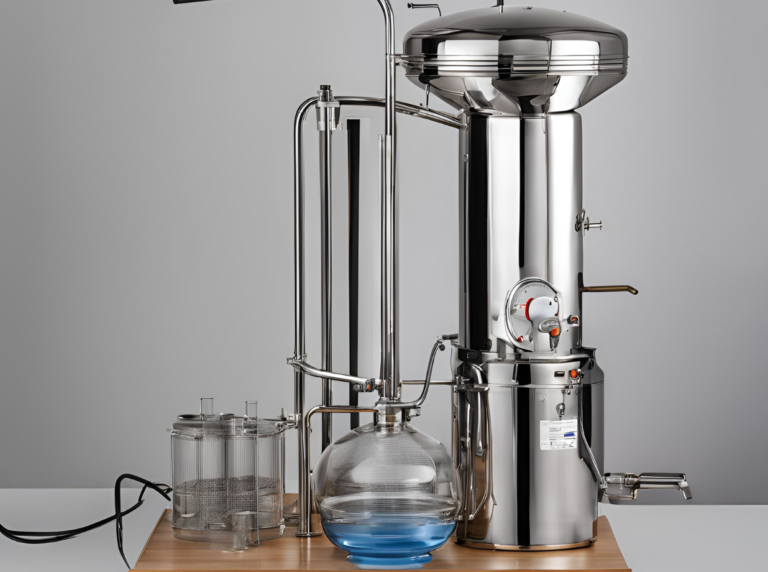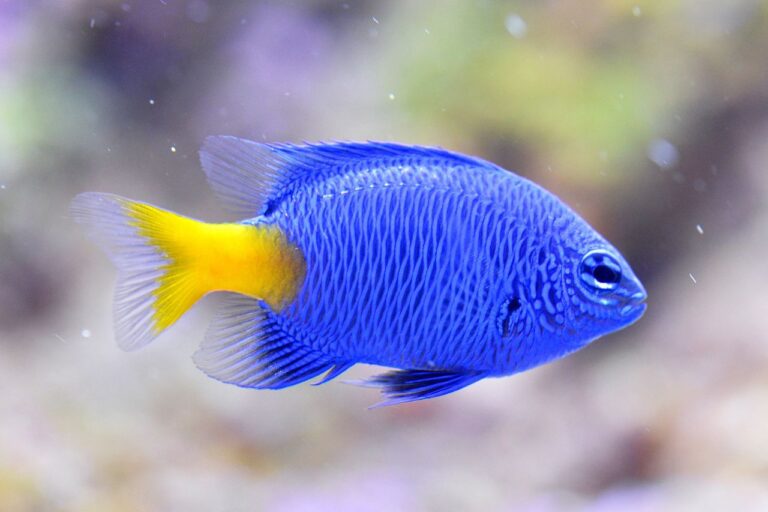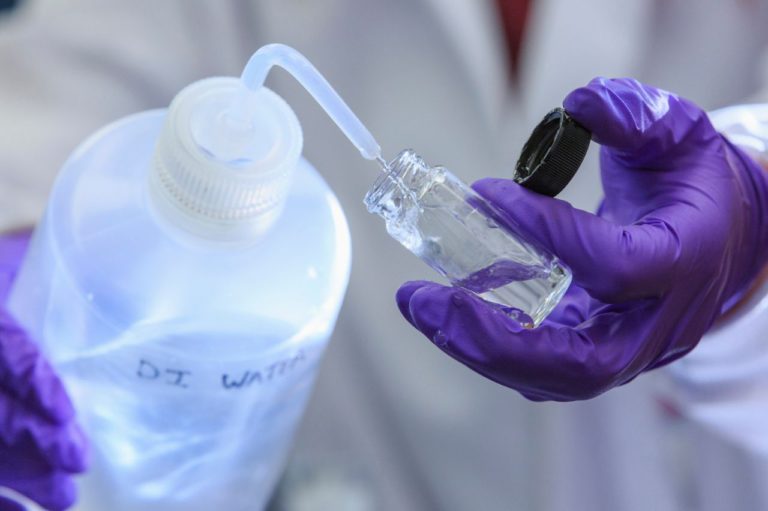Distilled Water Gallon Weight: What You Need to Know
Have you ever wondered how much a gallon of distilled water actually weighs? Understanding the weight of distilled water is crucial for various applications, from scientific experiments to culinary arts.
Knowing the exact weight of distilled water per gallon can make a significant difference in achieving precise results. Whether you’re a scientist measuring ingredients for an experiment or a chef following a recipe, the weight of distilled water is a fundamental piece of information.
The weight of distilled water is not just a trivial fact; it’s a critical value that impacts various industries. In this article, we’ll explore the importance of understanding the weight of a gallon of distilled water.
Key Takeaways
- The weight of a gallon of distilled water is a crucial measurement.
- Understanding this weight is vital for scientific and culinary applications.
- The exact weight can impact the outcome of experiments and recipes.
- Distilled water weight per gallon is a standard reference value.
- Knowing this value can enhance precision in various tasks.
The Exact Weight of a Gallon of Distilled Water
Knowing the exact weight of a gallon of distilled water is essential for both scientific research and everyday uses. Distilled water, being a standard reference point due to its purity, has a well-defined weight that is crucial for various applications, from laboratory experiments to industrial processes.
The Standard Measurement in Pounds
The weight of a gallon of distilled water is approximately 8.34 pounds at standard conditions. This measurement is a fundamental reference in many fields, including science, engineering, and commerce.
Understanding this standard weight is vital for accurate calculations and measurements in various contexts.
Metric Equivalent in Kilograms
In the metric system, a gallon of distilled water weighs approximately 3.785 kilograms. This conversion is essential for international collaborations and for applications where metric units are preferred or required.
Why This Measurement Matters
The weight of a gallon of distilled water is a critical reference point because it serves as a baseline for comparing the densities of other liquids.
This measurement is fundamental in scientific research, where the purity and density of water are used as standards. Additionally, it has practical implications in industries that rely on precise measurements of liquids.
What Makes Distilled Water Different
Understanding what makes distilled water different is crucial for appreciating its uses and benefits. Distilled water is produced through a process that removes impurities, resulting in a product that is significantly different from tap water.
The Distillation Process Explained
The distillation process involves boiling the water and then collecting the condensed steam. This method effectively removes many contaminants, including bacteria, viruses, and heavy metals, resulting in a much purer form of water. The process can be repeated multiple times to achieve higher purity levels.
Key steps in the distillation process include:
- Boiling the water to produce steam
- Collecting and condensing the steam
- Removing impurities that do not vaporize at the same temperature as water
Purity Compared to Tap Water
Tap water can contain various impurities, such as dissolved solids, bacteria, and other microorganisms. In contrast, distilled water is much purer, having been stripped of these contaminants during the distillation process. This purity makes distilled water ideal for applications where mineral-free water is required.
For instance, distilled water is often used in laboratories and medical facilities because it doesn’t contain the minerals and other substances that could interfere with experiments or medical treatments.
Mineral Content Differences
One of the significant differences between distilled water and other types of water is its mineral content. Distillation removes not only impurities but also beneficial minerals, resulting in water that is very pure but lacks the minerals found in tap or spring water. This characteristic is important for certain applications but may be a consideration for drinking water, as minerals can contribute to the taste and nutritional value.
The absence of minerals in distilled water can be both an advantage and a disadvantage, depending on the intended use. For example, in medical equipment and laboratory settings, mineral-free water is preferred to prevent interference with sensitive instruments.
How Much Does a Gallon of Distilled Water Weigh?
Understanding the weight of a gallon of distilled water is crucial for various applications, including scientific research, cooking, and industrial processes. The weight of distilled water can vary slightly due to temperature changes, but there is a standard measurement that serves as a reference point.
Weight at Room Temperature (68°F/20°C)
At room temperature, which is typically considered to be around 68°F (20°C), a gallon of distilled water weighs approximately 8.34 pounds. This measurement is widely accepted and used as a standard in many applications. The precise weight can be attributed to the density of water at this temperature, which is very close to its maximum density.
For most practical purposes, using the weight of distilled water at room temperature is sufficient. However, it’s essential to note that this weight can vary slightly with changes in temperature.
Weight Variations at Different Temperatures
The weight of a gallon of distilled water is not constant and can vary with temperature changes. As the temperature increases, the density of water decreases, which means the weight of a gallon of water will be slightly less than 8.34 pounds at higher temperatures. Conversely, at lower temperatures, the density increases, and so does the weight.
For instance, at 32°F (0°C), a gallon of distilled water weighs about 8.34 pounds, but as you approach freezing, the weight can slightly increase due to the unique properties of water. According to the University of Georgia Extension, understanding these variations is crucial for precise calculations in horticultural practices.
The 8.34 Pounds Standard
The standard weight of 8.34 pounds per gallon is a widely accepted measurement for distilled water at room temperature. This standard is derived from the density of pure water under specific conditions. It’s a useful reference point for many applications, from cooking to industrial manufacturing.
As noted by experts, “The density of water is a fundamental physical property that has been extensively studied and documented.” This standard serves as a reliable benchmark for calculating the weight of distilled water in various contexts.
The Science Behind Water Density
The science behind water density involves understanding its molecular structure and how it responds to different conditions. Water density is crucial in various scientific and practical applications, including calculating the weight of distilled water per.
Molecular Structure of Distilled Water
Distilled water is composed of hydrogen and oxygen atoms, with a molecular formula of H2O. The molecular structure is bent or V-shaped, which gives water its unique properties. This structure allows water molecules to form hydrogen bonds with each other, significantly affecting its density.
The purity of distilled water means it has fewer impurities compared to tap water, which can slightly affect its density. However, the molecular structure remains the same.
How Temperature Affects Water Density
Temperature plays a significant role in determining water density. As temperature increases, the density of water decreases until it reaches its boiling point. Conversely, as temperature decreases, density increases until it reaches its maximum density at around 4°C (39.2°F).
This unique property is crucial for various natural processes and industrial applications. For instance, it’s why ice floats on top of liquid water.
Pressure Effects on Water Weight
Pressure also affects the density of water, although to a lesser extent than temperature. Increased pressure can slightly increase the density of water by forcing the molecules closer together.
In deep ocean environments, for example, the pressure is so high that it significantly affects the density of water, which in turn affects marine life and the behavior of underwater vehicles.
The Unique Properties of Water
Water has several unique properties that make it vital for life on Earth. Its high specific heat capacity, surface tension, and ability to dissolve a wide range of substances are just a few examples.
“Water is the driving force of all nature.” – Leonardo da Vinci
Understanding these properties is essential for appreciating the importance of water density in various contexts, from environmental science to industrial processes.
| Property | Value at 20°C | Significance |
|---|---|---|
| Density | 0.998 g/cm³ | Affects buoyancy and fluid dynamics |
| Specific Heat Capacity | 4.184 J/g°C | Regulates Earth’s climate |
| Surface Tension | 72.8 mN/m | Influences capillary action and wetting |
The weight of a gallon of distilled water is approximately 8.34 pounds, a value that is widely used as a standard in various applications. Understanding the factors that affect water density helps in appreciating why this standard is important.
Historical Context of Water Measurement
The journey of water measurement from ancient times to the present day is a fascinating story of innovation and standardization. For centuries, humans have been measuring water for various purposes, including trade, science, and daily consumption.
Development of the Gallon Measurement
The gallon, a unit of measurement still widely used today, has its roots in medieval England. Initially, it was defined by the volume of eight pounds of wheat, but over time, it evolved to become a standard for measuring liquids, including water. The standardization of the gallon was crucial for trade and commerce, facilitating the exchange of goods across different regions.
How Water Became the Standard for Weight
Water’s density makes it an ideal substance for calibrating weight measurements. The density of water is approximately 1 gram per milliliter, making it a straightforward standard. Historically, water was used to define the kilogram, with the original definition being the mass of one liter of water at its freezing point. This choice was significant because it provided a simple, reproducible standard that could be easily verified.
Evolution of Measurement Precision
Over the centuries, the precision of water measurement has improved significantly. Advances in technology have enabled more accurate determinations of water’s weight and volume. Today, the weight of a gallon of distilled water is known to be approximately 8.34 pounds, a figure that reflects the culmination of centuries of refinement in measurement techniques. The evolution of measurement precision has been crucial for scientific research, industrial applications, and even everyday commerce.
Understanding the historical context of water measurement provides a deeper appreciation for the importance of accuracy in determining the weight of a gallon of distilled water. As measurement techniques continue to evolve, our understanding of water’s properties and its role in various applications will only continue to grow.
Comparing Distilled Water to Other Liquids
Understanding the weight differences between distilled water and other liquids is essential for accurate measurements. Distilled water, being the purest form of water, serves as an ideal reference point for comparing the weight of other liquids.
Weight Differences Between Tap, Filtered, and Distilled Water
The weight of tap water, filtered water, and distilled water can vary slightly due to differences in their purity and mineral content. Tap water, for instance, contains various minerals and impurities that can affect its weight. Filtered water, depending on the filtration method, may also retain some minerals that can alter its weight compared to distilled water.
A gallon of distilled water weighs approximately 8.34 pounds at room temperature. In contrast, tap water might weigh slightly more due to its mineral content. For example, tap water with high levels of calcium and magnesium can be denser, thus weighing more than distilled water.
| Type of Water | Approximate Weight per Gallon |
|---|---|
| Distilled Water | 8.34 pounds |
| Tap Water | 8.35-8.40 pounds |
| Filtered Water | 8.34-8.38 pounds |
How Distilled Water Compares to Other Common Liquids
When comparing distilled water to other common liquids, significant weight differences become apparent. For instance, a gallon of milk weighs around 8.6 pounds due to its fat and protein content. Similarly, a gallon of honey weighs approximately 12 pounds because of its high sugar content and viscosity.

Other liquids like juice, oil, and gasoline have different densities, resulting in varying weights per gallon. Understanding these differences is crucial in industries where precise measurements are necessary.
Why Pure Water Is Used as a Reference Standard
Pure water, or distilled water, is used as a reference standard due to its consistent properties. The distillation process removes impurities and minerals, resulting in a consistent density that makes it an ideal benchmark for scientific and industrial applications.
“The use of distilled water as a reference standard is rooted in its purity and consistent density, making it a reliable point of comparison for other liquids.”
In conclusion, comparing distilled water to other liquids highlights the importance of understanding their weight differences. This knowledge is vital in various fields, from science and industry to everyday applications.
Practical Applications of Knowing Distilled Water Weight
Understanding the weight of a gallon of distilled water is crucial in various applications where precision is key. The weight of distilled water is a fundamental piece of information that impacts numerous industries and everyday activities. In this section, we will explore the practical applications of knowing the weight of distilled water.
Scientific and Laboratory Uses
In scientific research and laboratory settings, the weight of distilled water is essential for preparing solutions, calibrating equipment, and conducting experiments. Accurate measurements are critical in these environments to ensure reliable results. For instance, when preparing a solution, researchers need to know the exact weight of the distilled water to achieve the desired concentration.
- Calibration of laboratory equipment
- Preparation of solutions and standards
- Experiments requiring precise water weight
Cooking and Food Preparation
In cooking and food preparation, knowing the weight of distilled water can be useful for achieving precise results, especially in recipes that require exact measurements. Some culinary applications where this is important include making sauces, baking, and preparing certain beverages.
Medical and Pharmaceutical Applications
In medical and pharmaceutical contexts, the weight of distilled water is crucial for preparing medications, solutions for intravenous use, and other medical formulations. Precision is vital to ensure the safety and efficacy of these preparations.
- Preparation of intravenous solutions
- Formulation of medications
- Laboratory tests requiring distilled water
Industrial and Manufacturing Uses
In various industrial processes, distilled water is used for cooling, cleaning, and as a raw material. Knowing its weight is essential for accurate inventory management and quality control. Industries such as manufacturing, automotive, and electronics rely on distilled water for various processes.
Common Misconceptions About Distilled Water Weight
Many people have misconceptions about the weight of distilled water, often believing it to be significantly different from regular water. This misconception can lead to confusion in various applications, from scientific experiments to everyday uses.

Debunking Weight and Density Myths
One common myth is that distilled water is significantly lighter or heavier than regular tap water. However, the difference in weight between distilled water and tap water is minimal, primarily because the density of water is largely determined by its temperature, not its purity.
The density of distilled water at room temperature (around 20°C or 68°F) is approximately 0.998 g/cm³, which is very close to that of tap water. The purification process of distillation removes impurities, but it doesn’t significantly alter the water’s density.
The “Weightless Water” Fallacy
Some people mistakenly believe that distilled water is “weightless” or that it has no significant weight. This is a misconception; distilled water does have weight, and it’s essential to understand this when measuring or using it in applications where weight is a critical factor.
“Water, whether distilled or not, has mass and therefore weight. The idea of ‘weightless water’ is a fallacy.”
Confusion Between Weight and Volume
Another common confusion is between the weight and volume of distilled water. While a gallon of distilled water will always occupy the same volume as a gallon of any other liquid, its weight can vary slightly due to differences in density.
To clarify, a gallon is a unit of volume, not weight. Therefore, when we say “a gallon of distilled water,” we’re referring to its volume, not its weight. The weight of a gallon of distilled water is approximately 8.34 pounds at standard conditions.
Storing and Handling Distilled Water
Proper storage and handling of distilled water are crucial for maintaining its purity and effectiveness. Distilled water, being highly purified, can easily become contaminated if not stored correctly. This section will guide you through the best practices for storing and handling distilled water to preserve its quality.
Proper Container Materials
The choice of container material is critical when storing distilled water. Food-grade plastic or glass containers are recommended because they are non-reactive and won’t contaminate the water. Avoid using containers made from materials that can leach chemicals into the water, such as certain types of plastic or metal containers with non-food-grade linings.
- Use containers that are specifically designed for storing drinking water.
- Ensure the containers are clean and sanitized before use.
- Avoid containers that have previously stored chemicals or hazardous materials.
Temperature Considerations for Storage
The storage temperature can affect the quality of distilled water. It’s advisable to store distilled water in a cool, consistent environment. Extreme temperatures can cause the water to become a breeding ground for bacteria or can lead to the degradation of the container material.
- Store distilled water away from direct sunlight.
- Maintain a storage temperature between 40°F and 80°F (4°C and 27°C).
- Avoid storing distilled water near heating vents or in areas prone to freezing.
Shelf Life and Contamination Prevention
While distilled water is essentially sterile when produced, its purity can be compromised over time if not stored properly. To maximize shelf life and prevent contamination, follow these guidelines:
- Keep the containers tightly sealed.
- Store the containers in a clean, dry environment.
- Check the water periodically for any signs of contamination or sediment.
By following these best practices for storing and handling distilled water, you can ensure that it remains pure and safe for use. Whether for drinking, laboratory use, or other applications, proper storage is key to maintaining the quality of distilled water.
Conclusion
Throughout this article, we’ve explored the intricacies of distilled water, focusing on the crucial aspect of its weight. Specifically, we’ve delved into how much does a gallon of distilled water weigh and the factors influencing this measurement.
The weight of gallon of distilled water is approximately 8.34 pounds at standard conditions. This figure is derived from the density of water, which is affected by temperature and purity. Distilled water, being highly pure, has a consistent density, making it a reliable standard for various applications.
Understanding the weight of distilled water is essential in scientific, industrial, and everyday contexts. From laboratory settings to manufacturing processes, knowing the exact weight of distilled water ensures accuracy and efficiency.
As we’ve seen, the weight of a gallon of distilled water is not just a simple measurement; it’s a critical parameter that influences a wide range of activities. By grasping this fundamental aspect, individuals can make informed decisions in their respective fields.







